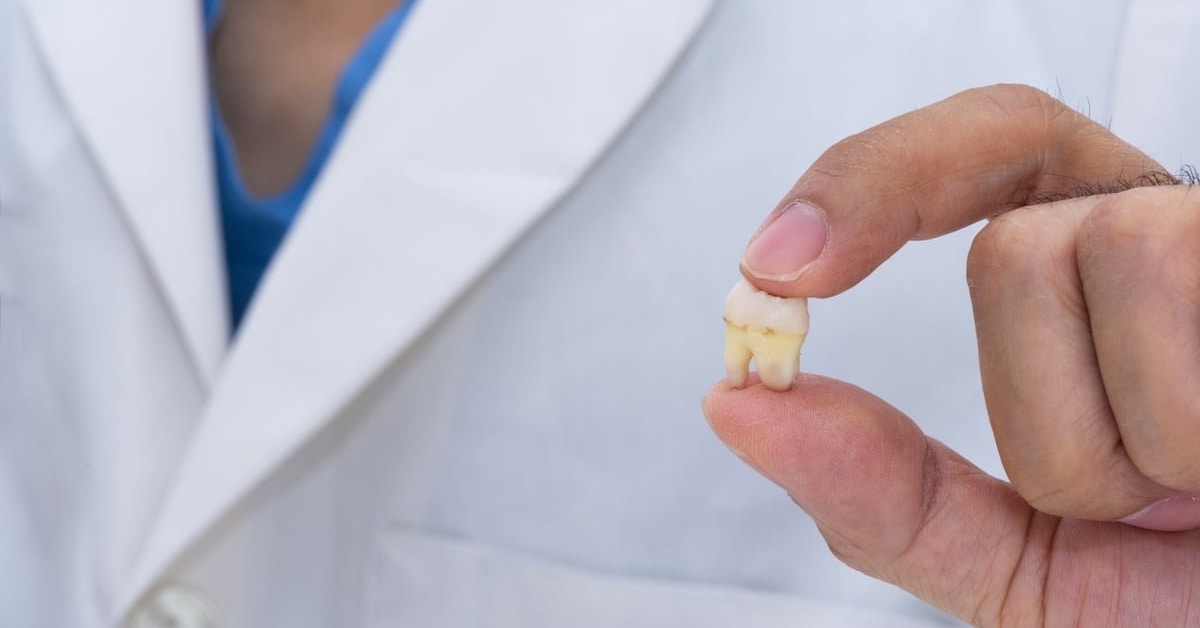
Question: I’m an adult and I still have my wisdom teeth. Should I have them removed even though they’re not bothering me?
Answer: Maybe. Each individual case is unique. However, in many cases, although our wisdom teeth seem OK, they may need to come out as a preventative measure.
Wisdom teeth are the third and final set of molars that grow into the back of the mouth, generally between the ages of 14 and 24. For some of us, they grow into our mouths without concern. In some cases, though, wisdom teeth can be misaligned and become impacted as they try to grow into the mouth, leading to one or more dental conditions requiring surgical removal of the problem molars.
Wisdom teeth, even when healthy, increase the risk of chronic oral infectious disease, periodontitis and tooth decay, according to a study sponsored by The American Association of Oral and Maxillofacial Surgeons. Retained wisdom teeth also may lead to the development of cysts or tumors in the jaws. That’s why the association encourages regular evaluation and potential extraction of wisdom teeth as we enter adulthood. The sooner the wisdom teeth are removed, the lower the chance of complications.
If after consulting your family dentist and oral and maxillofacial surgeon you decide to keep your wisdom teeth, maintenance will be your best bet for avoiding complications. That includes regularly-scheduled professional cleaning, annual checkups and periodic X-rays to watch for changes.
If you decide to have wisdom teeth removed, we do typical wisdom teeth extractions right in our office. You can have a local anesthetic or an intravenous anesthesia for the procedure. Without going into too much detail, your dentist or oral surgeon will essentially open your gums, take out any bone concealing the wisdom teeth, section the teeth and then extract them.
Post-op care is important. Swelling, discomfort and restricted jaw function are common, expected and shouldn’t cause alarm. If you are given a prescription, fill it and take as directed. Any discomfort can be minimized if you follow the instructions provided after the procedure is completed.
It is also important to maintain your intake of foods and fluids. Maintaining your everyday oral hygiene is also important, as it can help prevent infections in wisdom tooth areas.
In most cases, the recovery period from having wisdom teeth removed lasts just a few days. Call your dentist or oral and maxillofacial surgeon’s office with post-op questions or concerns.
As always, remember to brush and floss your teeth regularly.